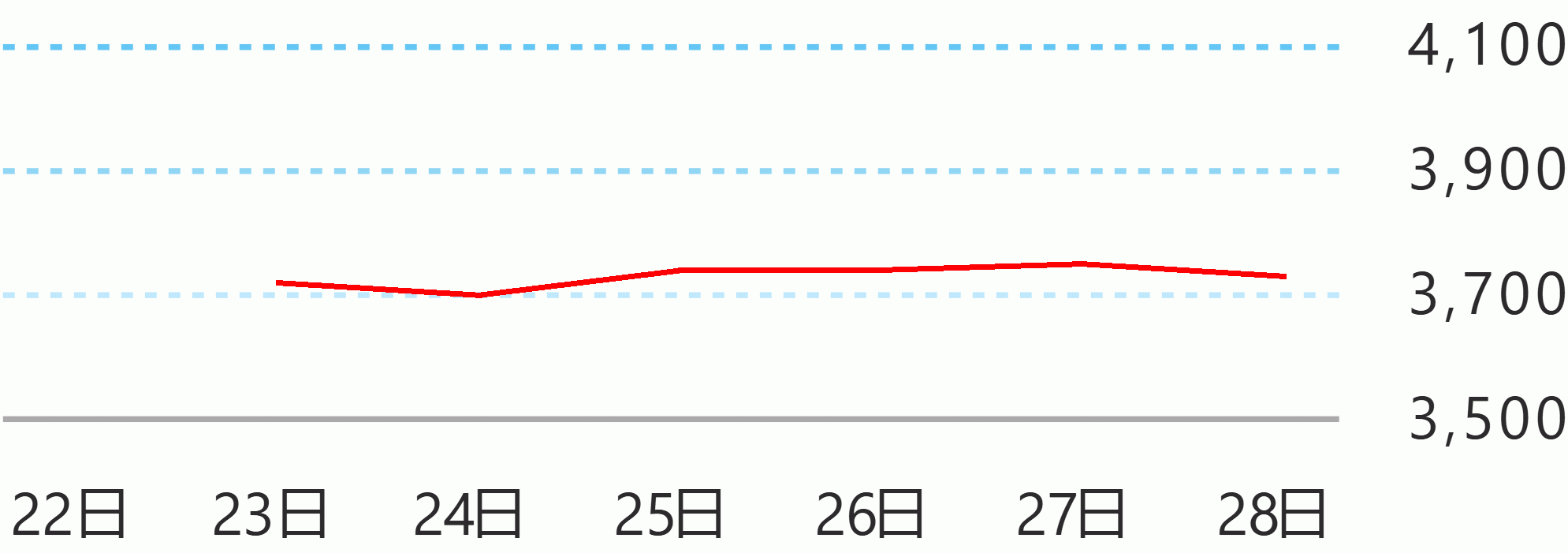Malacanang said on Tuesday Philippine Offshore Gaming Operators (POGOs) could be taxed contrary to the opinion of the Office of the Solicitor General.
In a statement, Presidential Spokesperson Salvador Panelo said the Department of Finance has the primary mandate based on the Administrative Code "to formulate, institutionalize and administer fiscal policies in coordination with other concerned subdivisions, agencies and instrumentalities of government."
"As such, the discretion of the DOF, alongside the Bureau of Internal Revenue (BIR), carries significant weight on matters of taxation," said Panelo, also chief presidential legal counsel.
Solicitor General Jose Calida earlier said POGOs could not be taxed based on the "source of income" principle under the Philippine tax code.
He said the test of taxability was the source and correspondingly, the source of an income was that activity which produced the income.
In the case of POGOs, even if they employ Philippine-based service provider, they earn from bets placed by their registered foreign subscribers, Calida said.
Calida came out with an opinion based on the inquiry of the Philippine Amusement and Gaming Corporation ( Pagcor).
Panelo said for POGOs that are domestic corporations, they are covered by Section 23 (E), Chapter II of the National Internal Revenue Code (NIRC) and their income shall be subjected to Philippine taxes regardless of whether the same was derived from a source outside of the Philippines.
"As for those POGOs considered as foreign corporations, they too are taxable but only for income which they derived from sources within the country. This is pursuant to Section 23 (F), Chapter II of the NIRC," he said.
"With this, we trust that the DOF, together with the BIR, has the competence to evaluate the respective charters and operations of these entities in order to subject them to Philippine taxes in accordance with the law," he added.
While the DOF thoroughly studies the matter, the spokesman said the State could not be denied its right to collect all applicable taxes on any entity or individual.
"This is particularly true with regard to the case of individuals working in these companies for certainly, their compensation, salaries or wages for the services they render here are considered taxable income under Section 23 (A) & (D) of the NIRC," he said.
He cited the Supreme Court pronouncement in various cases the importance of tax to the country as it is the "lifeblood through which government agencies continue to operate and with which the State discharges its functions for the welfare of its constituents."
"In order to defray the expenses of the government, the State has, among its inherent powers, the authority to tax. This Administration will not be stymied nor estopped by technicalities caused by the exploitation of developing technologies in collecting what is due the government," Panelo said. Celerina Monte/DMS





 English
English









